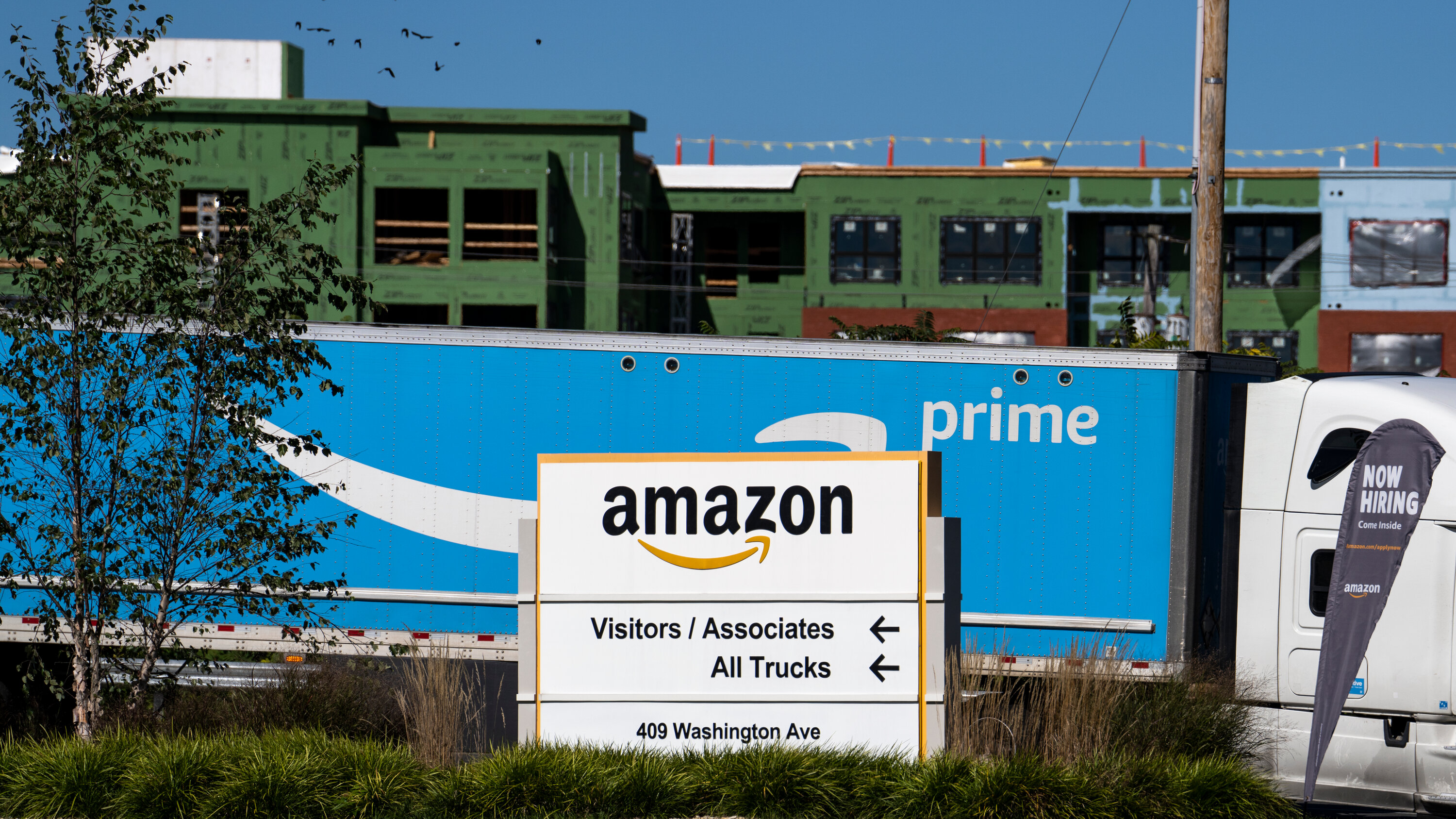The United States Federal Trade Commission (FTC) and 17 states have taken legal action against Amazon, filing a groundbreaking lawsuit that alleges the tech giant has been leveraging its monopoly power to the detriment of consumers, competitors, and sellers within its online marketplace.
This landmark lawsuit, filed on Tuesday, contends that Amazon, with its staggering $1.3 trillion valuation, has been raising fees for sellers on its platform to the point where it siphons off nearly half of every dollar of revenue earned by many sellers.
Additionally, the FTC claims that Amazon employs punitive measures against sellers who offer substantial discounts by effectively making their products invisible in search results and compelling vendors to rely on its costly logistics network.
The complaint, lodged in a federal court in Seattle, highlights how these actions have compelled most sellers to invest in advertising to reach Amazon’s vast online shopper base. Consequently, shoppers are confronted with less relevant search results and are nudged toward higher-priced products, according to the FTC.
This lawsuit represents one of the most significant tests of FTC Chair Lina Khan’s assertive approach to regulating Big Tech. Khan, who authored a seminal academic paper in 2017 advocating for Amazon’s breakup, has been a vocal proponent of more rigorous enforcement against tech giants, which she believes have eluded adequate regulatory scrutiny for far too long.
Chair Khan remarked, “Our complaint lays out how Amazon has used a set of punitive and coercive tactics to unlawfully maintain its monopolies.”
In response to the lawsuit, David Zapolsky, Amazon’s Senior Vice President of Global Public Policy and General Counsel, stated, “The lawsuit filed by the FTC today is wrong on the facts and the law, and we look forward to making that case in court.”
The heavily redacted complaint outlines Amazon’s strategy for amassing and preserving both an “online superstore” attracting hundreds of millions of shoppers and an “online marketplace” where third-party vendors can sell their goods. This dual approach has created a behemoth of products and data that would-be competitors find impossible to match.
According to the complaint, Amazon founder Jeff Bezos once stated that building an influential and enduring e-commerce company simply “isn’t going to work in small volumes.”
The FTC contends that to maintain this alleged monopoly, Amazon employs a complex web of web crawlers, acting as a surveillance network that continuously monitors whether its sellers are offering their products at lower prices on other platforms. Sellers who dare to do so are subjected to punitive measures.
Furthermore, an internal Amazon study acknowledged that sellers lived in constant fear of these tactics, as revealed in the complaint. The lawsuit also alludes to a confidential Amazon pricing system known as “Project Nessie,” which, according to the FTC, has bolstered the company’s profits. Details of “Project Nessie” remain redacted.
The FTC also accuses Amazon of actively obstructing the regulator’s investigation and concealing information about its internal operations.
The FTC’s objective in this lawsuit is to obtain an injunction that permanently halts Amazon from engaging in the alleged illegal conduct.
This lawsuit follows a separate action by the FTC in June, in which Amazon was sued for allegedly misleading customers into subscribing to its Prime service without their consent. At that time, Amazon vehemently refuted the claims, denouncing them as “false on the facts and the law.”
The complaint filed on Tuesday raises concerns about Amazon’s Prime Video streaming service, which is part of the Prime bundle. The FTC alleges that Amazon employed “dark patterns” to obstruct consumers from signing up for the service independently.
Under the Biden administration, top antitrust officials, including Chair Lina Khan and Jonathan Kanter, Head of the Department of Justice’s antitrust unit, have intensified efforts to curb corporate dominance in the United States.
Kanter’s team has taken legal action against Google for its dominance in digital advertising, while an ongoing trial addresses allegations of Google monopolizing internet search.
The FTC has initiated legal action against Meta (formerly Facebook) to compel the divestiture of Instagram and WhatsApp. The regulator has also attempted to thwart Meta’s acquisition of the virtual-reality company Within, although it eventually withdrew that challenge. Currently, the FTC is pursuing legal action to block Microsoft’s acquisition of Activision Blizzard after initial setbacks in court.


